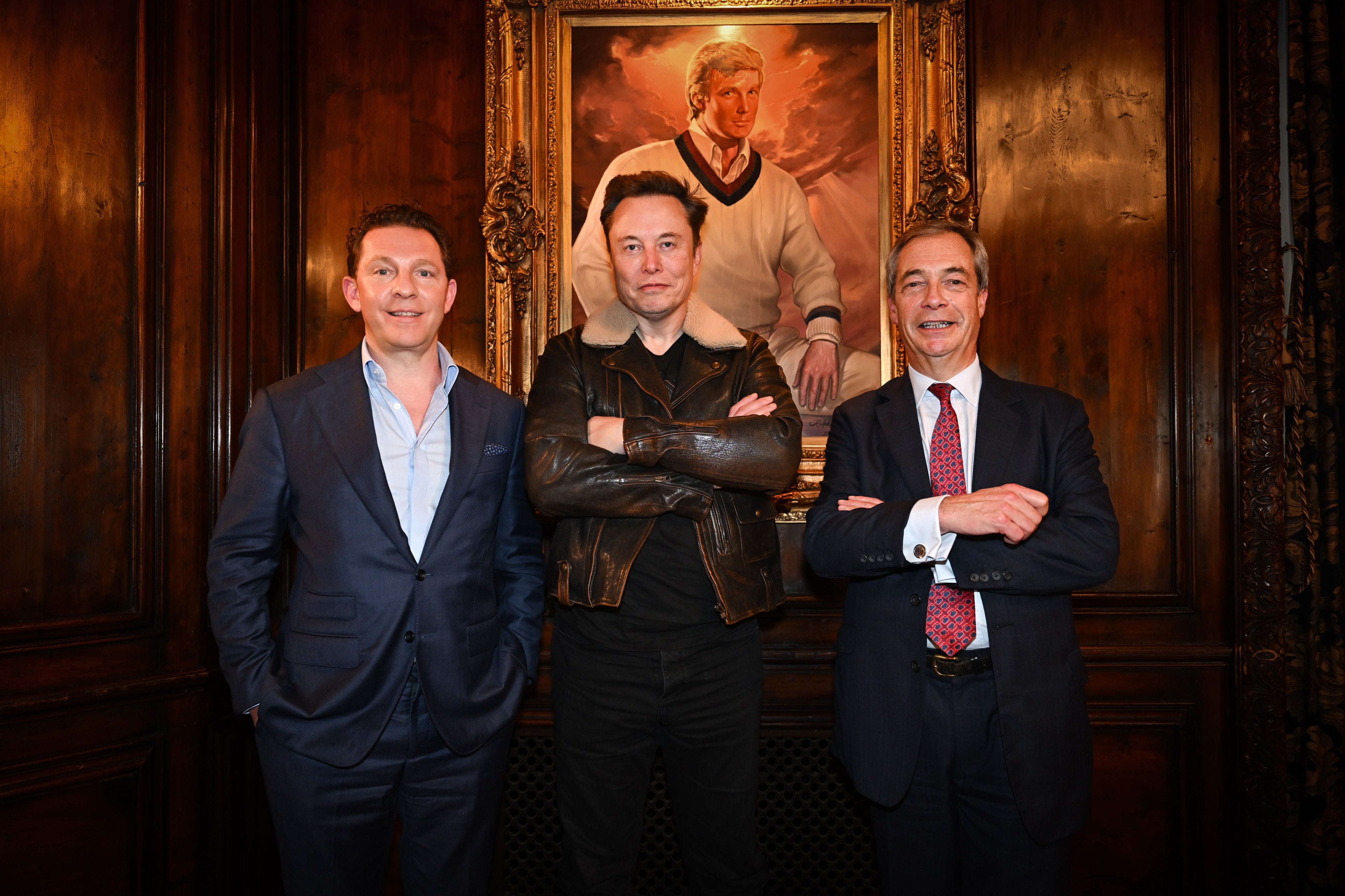Boesak declares 2024 ‘a year of evil’ and calls for justice and renewal
01 January 2025 -
Chairperson of the Walter & Albertina Sisulu Foundation for Social Justice Dr Allan Boesak declares 2024 ‘a year of evil’ and calls for justice and renewal
Image: Fredlin Adriaan
Reverend Allan Boesak, chairperson of the Walter and Albertina Sisulu Foundation for Social Justice, has described 2024 as a year dominated by the reign of evil.
The struggle stalwart also laid into governments — dismissing them as hypocritical and “heartless”. He said there were also reports of civil war in Zimbabwe in his “New Year’s Blessing” message.
“It is by God's grace only that we may enter this New Year that lies ahead, knowing that so much evil reigned in 2024,” the message reads.
“This year will certainly see ongoing genocide in Gaza and Palestine, continued war in Lebanon, yet unseen misery in Syria, Sudan, Somalia, and the DRC. I am grateful that so many of us, despite the hypocrisy and heartlessness of those who rule us, have remained so faithful in our solidarity, especially with the Palestinian people.
“It is certain that the carnage has not stopped and that the unimaginable evil is still breathing hell and destruction over God's children there. We will not stop until that evil is no more. That is certain. It is also certain that Southern Africa is a target, with civil war in Mozambique, and rumours of war in Zimbabwe. Our work for peace everywhere on earth must continue.”
The message is peppered with parallels from the bible.
“Again it is certain that the empire is crumbling, even, as the Book of Revelation tells us that as the beast, conquered, falls to the earth, dying, its tail sweeps away a third of the stars, doing as much damage as it can while going down. But this is certain: it is going to perdition. We shall walk among its ruins and know that the judgments of the Lord are altogether just.”
Boesak said SA is set to see “new levels of inequalities and renewed efforts to deepen and cover up the corruption that is such a canker in our body politics”.
“They cannot survive without it. Not for one day. So we shall continue to demand transparency, accountability as well as judgment — on Marikana, Sealed CR17 documents, Phala Phala and Procurement of IPPs, and on everything else that brings us so much shame in our country.”
A recap of the biggest news of 2024
The government of national unity (GNU) was not spared.
“It is certain that under this GNU, the chasms that divide us will widen, and the hatred for the poor and vulnerable will grow deeper because the very nature and policies of this government, and the rapaciousness of the capitalist class who own it, make it inevitable as some are busy managing poverty, while others managing wealth,” Boesak said in the message.
“Of course, it is certain that violence in all its forms, from gender-based violence, political gender-based violence to cycles of impoverishment, and to the deprivation of opportunities for our children will rise, because the law and the constitution serve the interests of the rich and powerful, protecting corruption on the politically connected cults, greed, and unaccountability, instead of preserving justice by protecting the truthful, the compassionate and the powerless.
“Hypocrisy is walking hand in hand with mediocrity and misery and suffering for our people remain a bitter guarantee.”
Boesak warned that “new struggles lie ahead”.
But this is true: it is as certain that we are a people in whose veins flows the blood of generations who knew how to respond when there was something noble to fight for, when we understood what, and how much, was at stake,” the message reads.
“The uncertainties of 2024 brought on by the unexpected of 2024 are no longer uncertain. The enemy is no longer unknown. We know there is much to fight for, and we know what it is. We also know that we are not alone. Something extraordinary is happening in Africa.
“Our continent is waking up, and the eyes that are opening are young, filled with the youthful fire of belief and determination. In West Africa, young leaders are turning the unfulfilled dreams of a previous generation into serious and exciting political realities, and are we hearing new sounds from younger lips in Kenya, Botswana, Senegal, and even Ghana, Ivory Coast and Gabon?”
TimesLIVE












